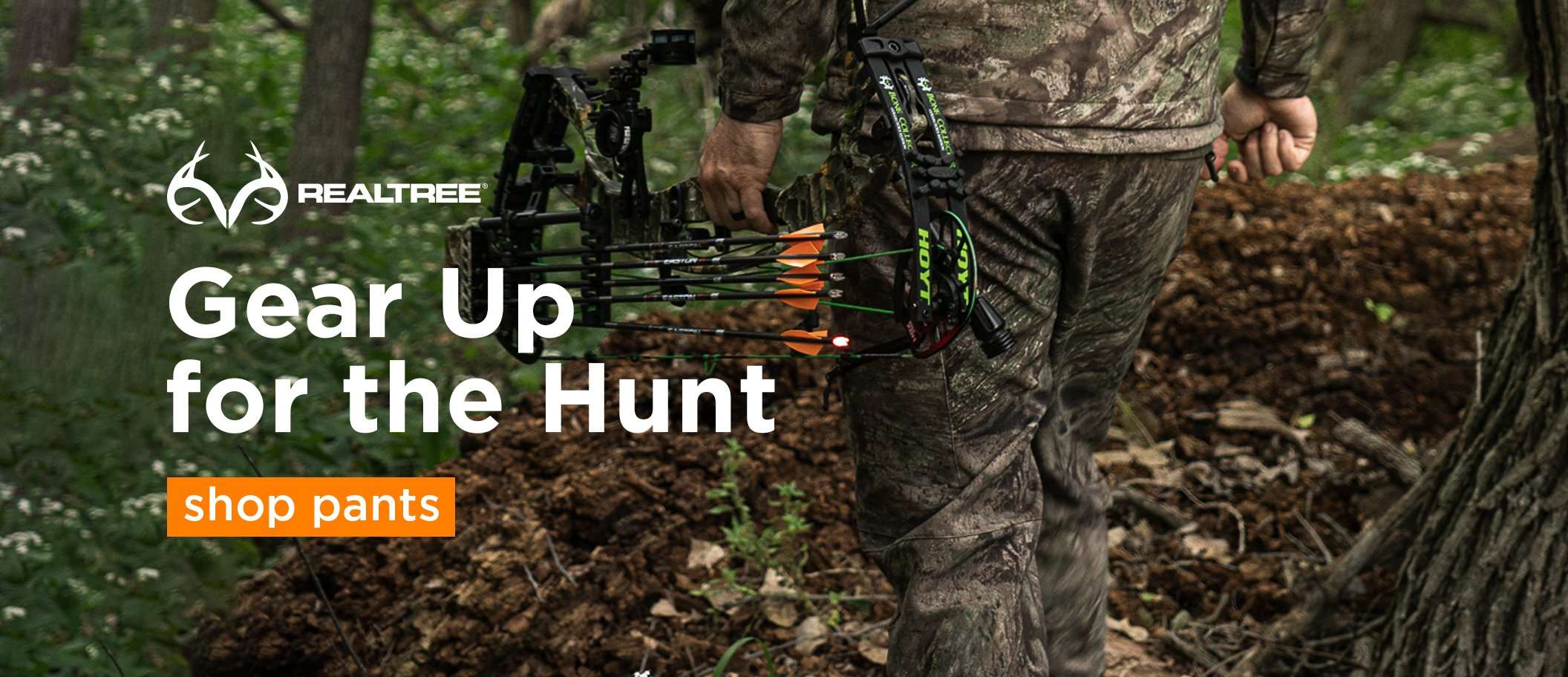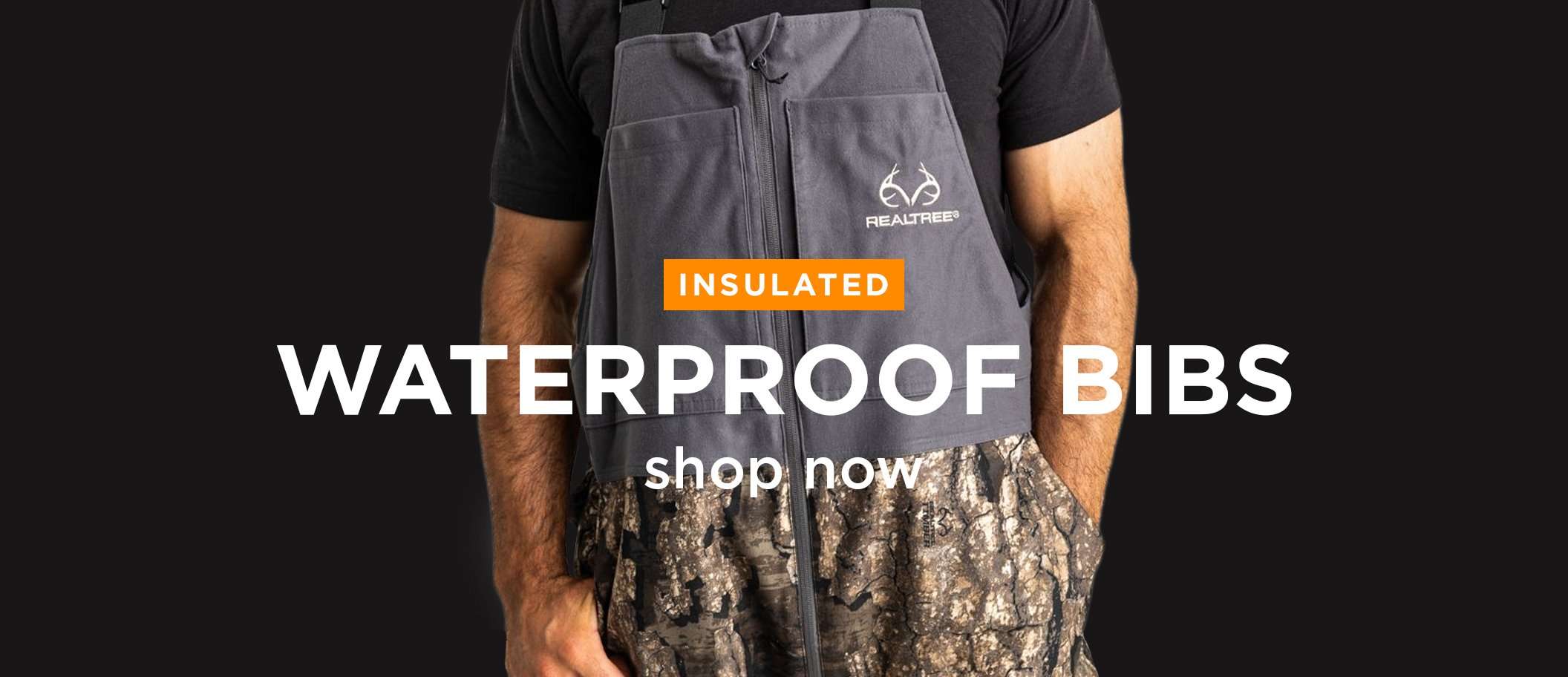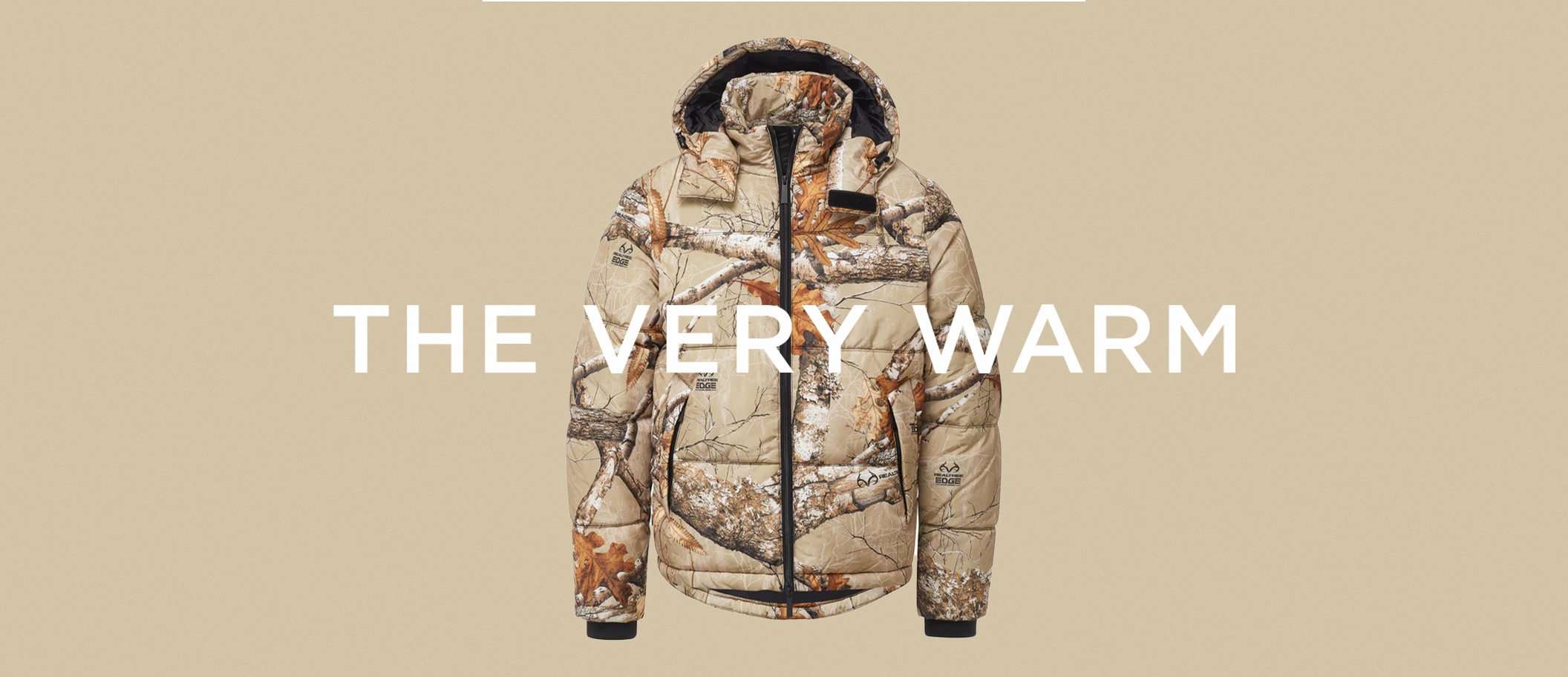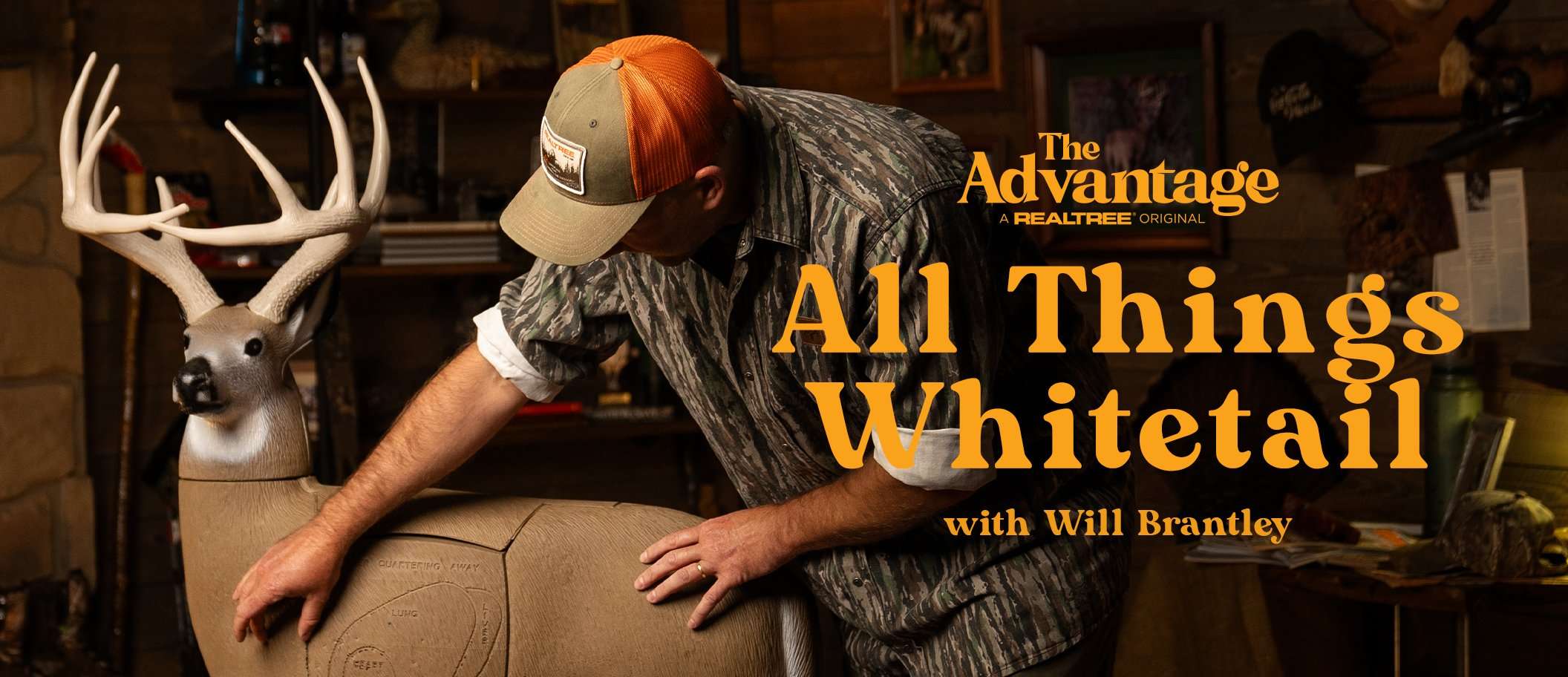The Duck Blog’s grumpy Grandpa talks about duck numbers, fading habitat, and the silliness of renaming waterfowl species
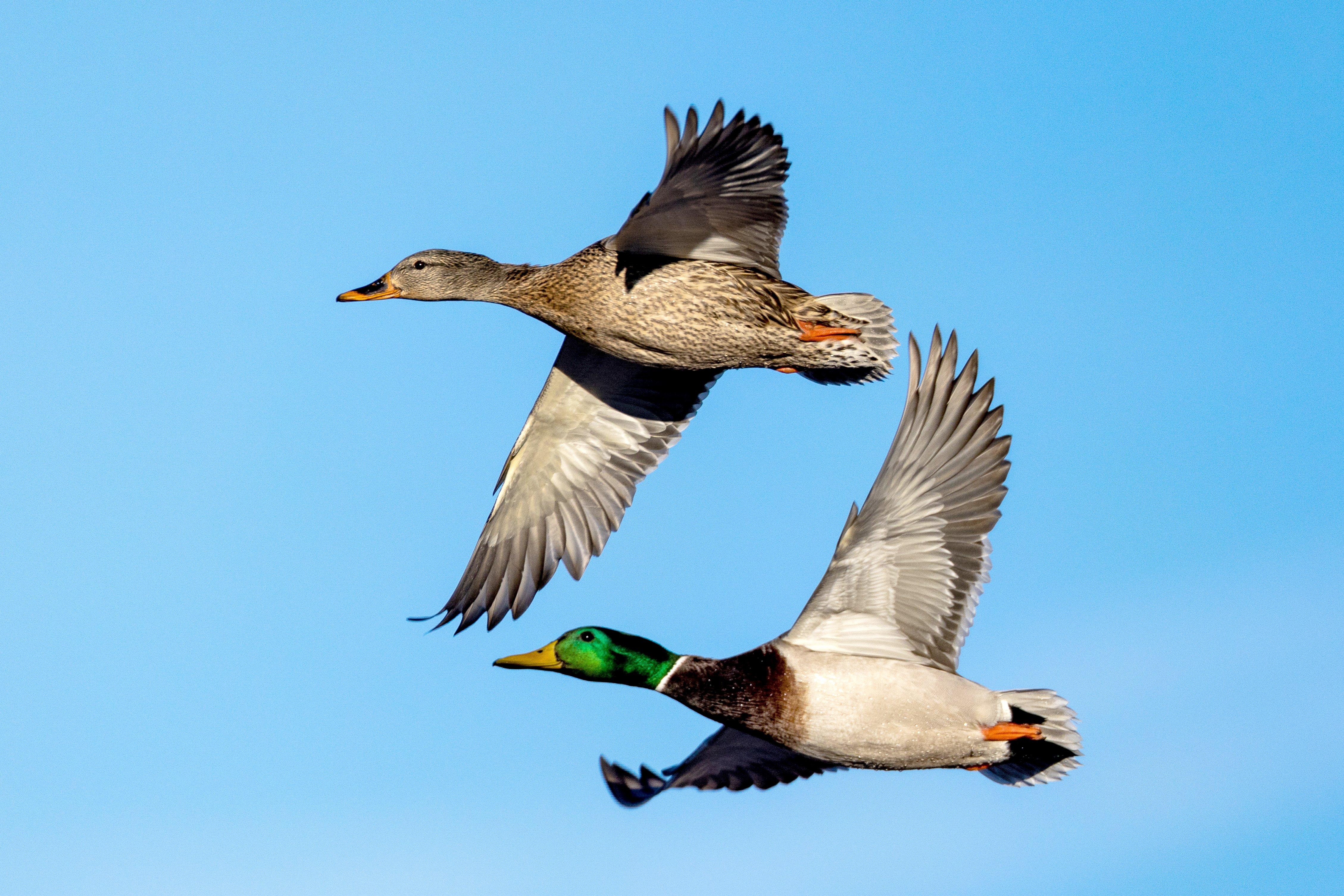
Breeding mallard numbers are down substantially from 2016, but no one seems upset about the trend. Photo by J. Edwards Photography
The approach of a new year gives us a chance to reflect on the past and look to the future. And as we think back on everything that occurred during the latest trip around the sun, we thought it would be entertaining and informative to check in with Grandpa, the Duck Blog’s resident curmudgeon and waterfowl pundit. As usual, he has a lot to say.
Duck Blog: So, Grandpa, what’s on your mind lately? Still seething about duck hunters on social media?
Grandpa: No, I pretty much ignore that nowadays. I’m ticked because I took my grandkids to the movie Migration and got kicked out. A few minutes into the flick, I started pointing out several glaring factual errors. Apparently, the other kids and their parents didn’t appreciate my insights, and the next thing I knew, two ushers grabbed me by the arms and threw me into an alley. Who knew theaters even had ushers anymore?
DB: Ah, that’s unfortunate… but not unexpected. But more specifically, what in the waterfowl world has grabbed your attention lately?
G: Several things, including mallards. We all talk about mallards, especially when we’re not shooting them. Usually, we blame the weather, and you can certainly point that finger this year with these ridiculously warm temperatures. But does anyone mention that the spring breeding index for mallards is down by almost 50 percent the past six or seven years? It was almost 11.8 million in 2016 but down to about 6.13 million in 2023.
Now, I realize that spring breeding duck counts don’t equate directly to duck abundance in autumn, as production drives the fall flight. But it stands to reason that if you have fewer chickens in the hen house, you’ll have fewer chicks running around the barnyard. And yet no one is talking about this. I’m not saying that it’s doom and gloom, but it’s a disturbing trend, and I worry that we might not be in position to reverse it.
DB: And why is that, Grandpa?
G: Because of my second major concern — habitat, or more accurately, our lack of it. Look, you’re going to have years of drought and poor production, which will result in decreased duck numbers. But inevitably, water will return, and production should follow — if you have quality nesting habitat. We are running short on that, though.
Take North Dakota. Conservation Reserve Program acres there are down from 3.4 million 15 years ago to about 1.1 million now. This past spring, a biologist from North Dakota even said the state would no longer be able to consistently carry mid-continent duck populations because it lacks secure nesting cover in the form of perennial grasses. He also said the era of super-abundant ducks — from about 1994 to 2016 — was finished, and that he wouldn’t expect good things for the future. And yet again, few folks are talking about this. We need to get our collective act together and halt or even reverse this trend.
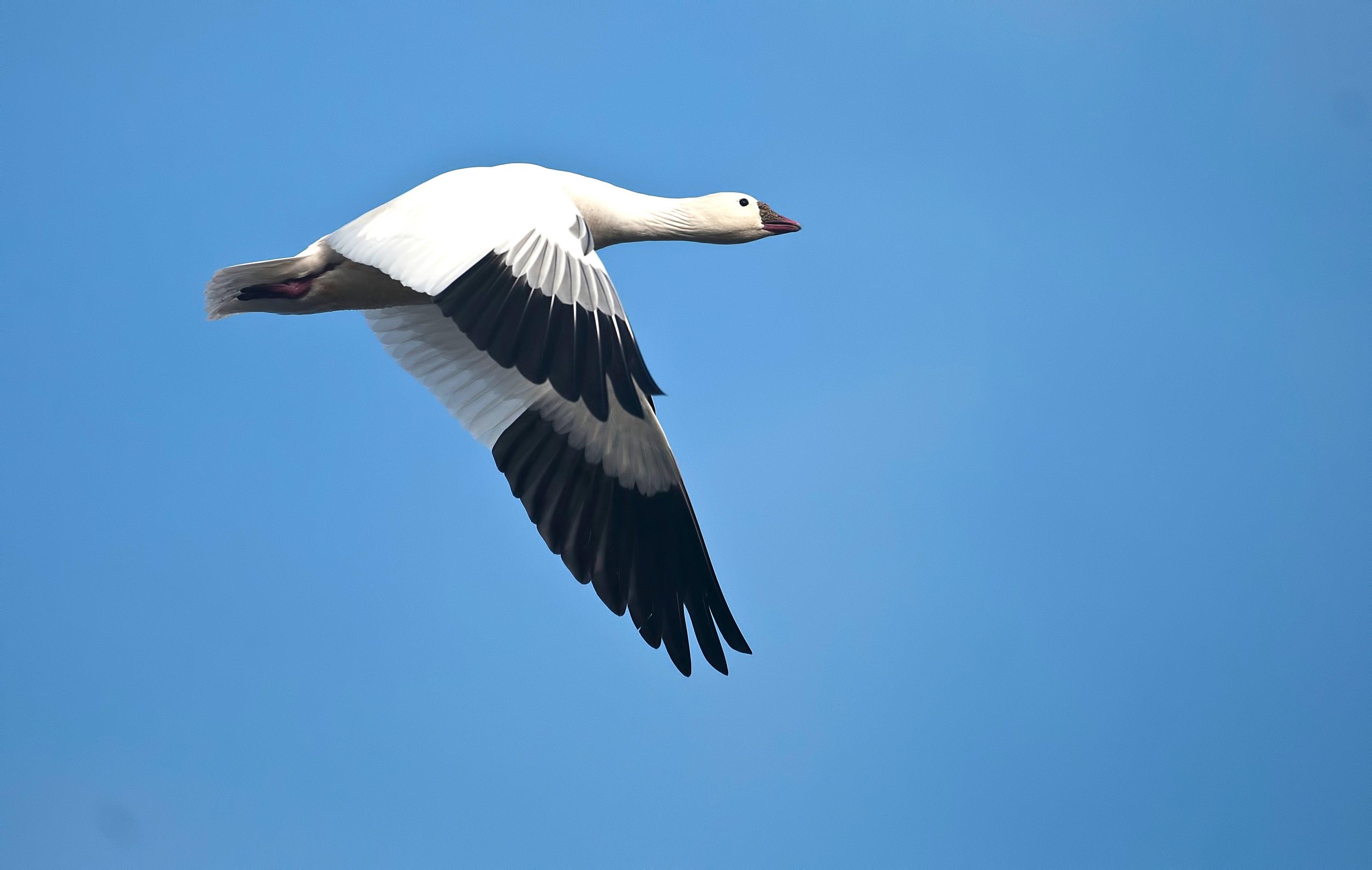
The Ross’s goose used to be known as the horned wavey. Now, its name might change again. Photo by Gary Powell
DB: That is indeed food for thought. But I sense that something else is bugging you.
G: It sure is: semantics. I read earlier this year that the American Ornithological Society plans to rename three waterfowl species in 2024: the Ross’s goose, Barrow’s goldeneye, and Steller’s eider. Some egghead was quoted as saying some modern English bird names “have associations with the past that continue to be exclusionary and harmful today.”
Now, I don’t know much about the people for whom these ducks and geese are named. In fact, I’ll bet you could walk into a bar with 100 duck hunters and none of them would know, either. Does anyone really believe that renaming those birds will right some perceived wrong from decades ago and make the world better and kinder? It’s a silly waste of time, and all it’s really doing is confusing a bunch of people.
DB: Wow. You might be the grumpiest old coot we’ve ever met.
G: Oh yeah, well those are just my thoughts on ducks. Don’t even get me going on turkey hunting, which has really gone to pot.
DB: Yeah, we won’t have time for that, Grandpa. But thanks again for your time and insights.
G: I guess. Happy new year.
Don’t Miss: Is Duck Hunting Really in Decline?



